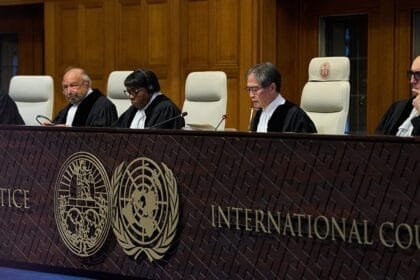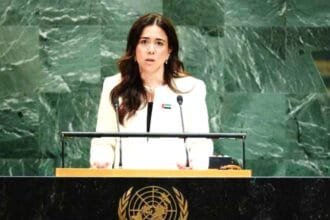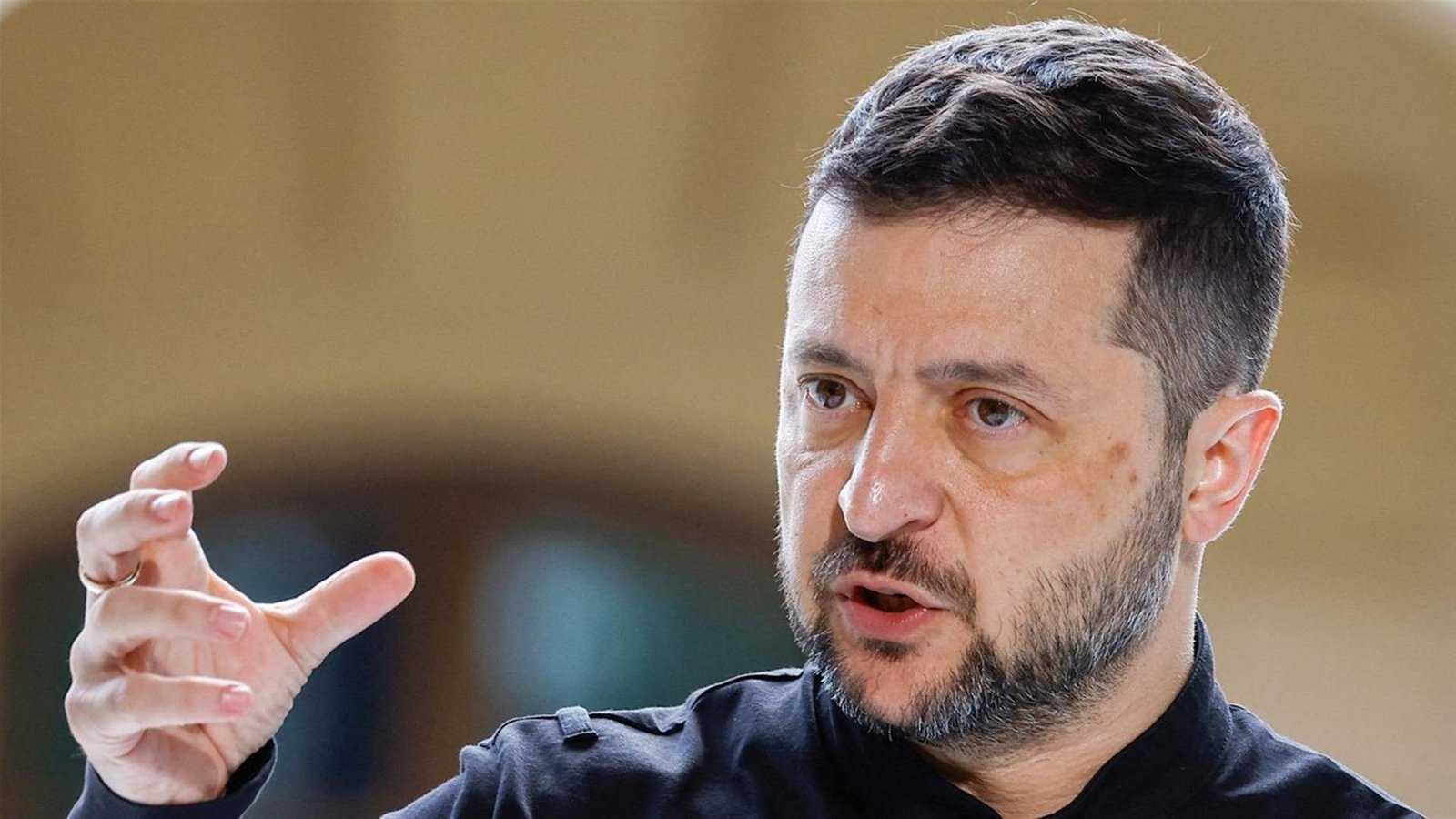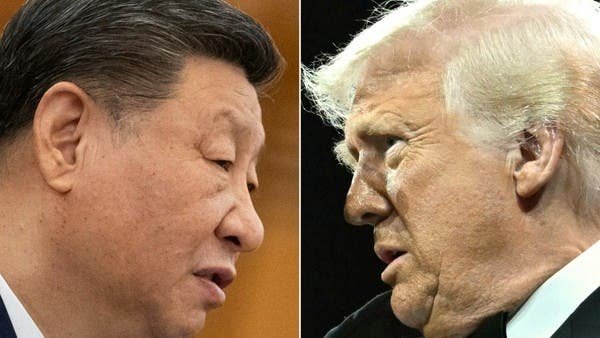NEW YORK, United States – France, Britain, and Germany have announced their willingness to postpone the reimposition of UN sanctions on Iran.
If it addresses concerns about its nuclear program within the next month.
British Ambassador to the United Nations Barbara Woodward, along with her German and French counterparts, said ahead of a closed Security Council meeting on the issue that in July “we offered Iran an extension of the trigger mechanism if it took specific steps to address our most pressing concerns.” These include respect for obligations to the International Atomic Energy Agency and the issue of enriched uranium stockpiles.
She added that “Iran has not yet shown any desire to respond” to the demands of the group of three European countries.
But she stressed that activating the mechanism for re-imposing sanctions “does not mean the end of diplomacy”, saying: “Our offer for an extension is still on the table”.
In turn, European Union foreign policy chief Kaya Kallas confirmed from Copenhagen that the 30-day deadline before the sanctions enter into force provides an “opportunity” for diplomacy.
“We have 30 days to resolve the issue,” she added.
Iranian response
However, the Iranian response to that “opportunity” was not promising.
Tehran denounced the offer as insincere, accusing the Europeans of bad faith and “blackmailing” it by talking about the 30-day deadline.
This was stated by the Iranian Ambassador to the United Nations, Amir Saeed Irani.
Who told reporters on Friday evening after the Security Council meeting that “the Group of Three presented an extension plan full of unrealistic conditions.” This, they argued, is a hypocritical step.
He added that it “demands conditions that should be the result of negotiations, not the starting point. They know that these demands cannot be met”.
In turn, Iranian Foreign Minister Abbas Araqchi warned on social media of the “significant negative effects” of the European decision.
Including Iran’s relationship with UN nuclear inspectors who were allowed this week to return to monitor the Bushehr plant.
Russian-Chinese proposal
While Iran’s allies sought to find a way out.
Russia and China proposed extending the UN resolution on the 2015 nuclear agreement for an additional six months. They noted that they are parties to the agreement.
Russia said that President Vladimir Putin will meet his Iranian counterpart, Masoud Bazhakian, on Monday. This meeting will be on the sidelines of a summit in China.
The Russian Foreign Ministry also urged Europeans to review the decision to reimpose sanctions.
She warned that it could lead to “irreparable consequences”.
These developments came after the three countries (the European Troika) activated the mechanism known as the “trigger mechanism”.
Which allows the re-imposition of UN sanctions on Tehran, under the 2015 agreement on the Iranian nuclear program (Joint Comprehensive Plan of Action).
Note that the possibility of reactivating sanctions expires in October.
The nuclear agreement was reached in 2015 during the era of former US President Barack Obama.
The agreement stipulated easing sanctions on Iran in exchange for placing strict restrictions on its nuclear activities.
But his successor, Donald Trump, effectively ended the agreement during his first term.
That’s when the United States unilaterally withdrew from it and reimposed severe US sanctions against countries that buy Iranian oil.
But Trump adopted a diplomatic approach at the beginning of his second term.
This was before Israel launched a massive bombing campaign against Iran in June. The United States later participated by bombing three nuclear facilities.
Meanwhile, US Secretary of State Marco Rubio confirmed two days ago (August 28) that his country is open to holding direct talks with Iran.

















